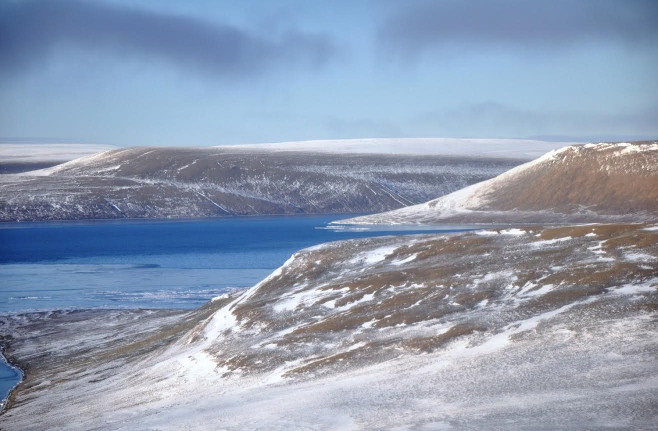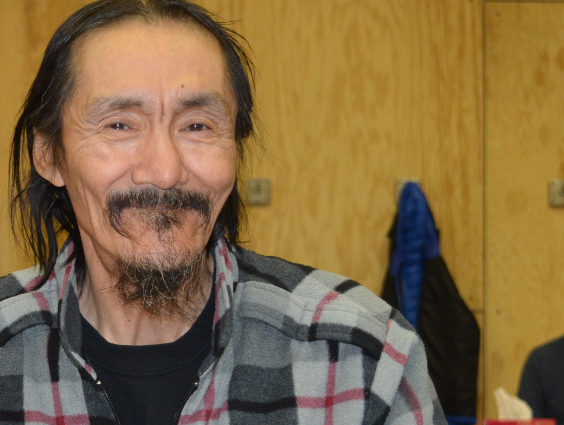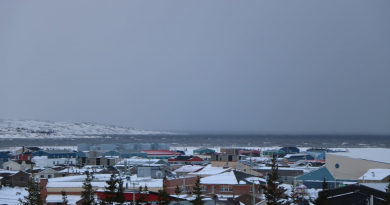New national park planned in Canada’s High Arctic

A new national park in Canada’s High Arctic became one step closer to being set up after a bill was tabled in Ottawa this week.
Qausuittuq National Park would be established on the northern part of Bathurst Island, located in Canada’s eastern Arctic territory of Nunavut.
The park has been in the works for over 15 years, with support from the Qikiqtani Inuit Association (QIA), the land claims organization in the Baffin region of Nunavut, and nearby Inuit communities like Resolute Bay.
“I first became involved with the discussions of creating a park about 15 years and am proud to see what has come of it,” said QIA community director for Resolute Bay, Paul Amagoalik, in a statement. “The Park will protect an area that is important to Qausuitturmiut.”
After spending years on the project, he says there’s great satisfaction to see it’s finally moving ahead.
“It’s a great pristine place, one of almost the last pristine place on earth,” he said in an interview over the phone this week.
Scenery, wildlife and 24-hour sunlight
Inuit have been hunting on Bathurst Island as long as they have had a presence in the region.
The area is rich in everything from caribou to musk ox to polar bears and migratory birds.
While the island is also rich in resources, the park area will remain protected.
Tourism and jobs potential
And with 24-sunlight in summer and 24-darkness in winter, there are are hopes the park can be developed into an attractive tourist destination.
In a news release this week, Leona Aglukkaq, Canada’s minister minister of the environment and minister responsible for Parks Canada, said the project would provide opportunities for locals in the region.
“Qausuittuq National Park will not only protect the rich cultural heritage of Inuit and ensure economic benefits for the community, it takes action to conserve Canada’s lands and waters and connect people to this beautiful landscape in Canada’s North,” Aglukkaq said.
Amagoalik says tourism helps support local hunters to work as guides and allows artisans to sell their crafts – no small thing in an isolated, fly-in community located near the top of the world.
“It was important to Resolute Bay that there’d be opportunities to start tourism up here,” he said. “The hamlet involvement was (to ensure) good economic opportunities for the local people here that don’t have very many opportunities to get jobs close by that are viable for them.”
Qausuittuq will be Canada’s 45th national park.
Write to Eilís Quinn at eilis.quinn(at)cbc.ca
Related stories from around the North:
Canada: Interactive atlas shows Inuit trails, Blog by Mia Bennett
Finland: Arctic parks among most visited in Finland, Yle News
Norway: Surfing in the Arctic, Barents Observer
Russia: Creating links across the Arctic – A look back on the Beringia Arctic Games, Eye on the Arctic
United States: Fish show traces of banned pesticides in some Alaska parks, Alaska Dispatch




